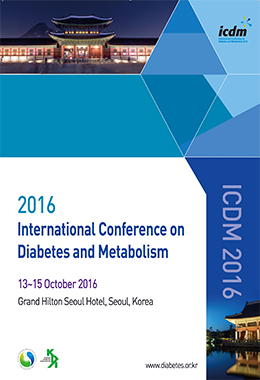Objective: The global population of diabetic patients is estimated to exceed 642 million by 2040. Numerous health education tools have been developed to enhance diabetes control. This study comparing the efficacy of different health education tools for improving blood glucose control in patients with type 2 diabetes.
Methods: A total of 418 patients with type 2 diabetes were recruited from a healthcare institution in Taiwan. A randomized controlled trial was conducted; the subjects were randomly assigned to the map group (n = 139), steno group (n = 131), or shared-care group (n = 148). Demographics and data on glycated hemoglobin and fasting and postprandial blood glucose were collected from all subjects 3 months before and after intervention.
Results: After intervention, the mean HbA1c level dropped from 9.34% to 7.53% for the map group, 9.75% to 7.41% for the steno group, and 9.44% to 8.35% for the shared-care group. The paired t-test among the three groups suggested significant differences. The Scheffe test of ANOVA was subsequently conducted to compare the mean HbA1c level of the shared-care group with those of the map and steno groups and potentially reveal significant post-test differences. However, none were found between the map and steno groups. In addition, an autoregressive multivariate analysis of the control variables showed more significant post-test differences in the HbA1c level for the shared-care group than for the map and steno groups.
Conclusion: Post-test differences in the HbA1c level were more significant for the shared-care group than for the map and steno groups. However, further research is required to determine why these different heath education tools improved blood glucose control. Future researchers can apply the findings of this study to investigate how different health education interventions contribute to HbA1c reduction and refine these interventions to enhance blood glucose control.




